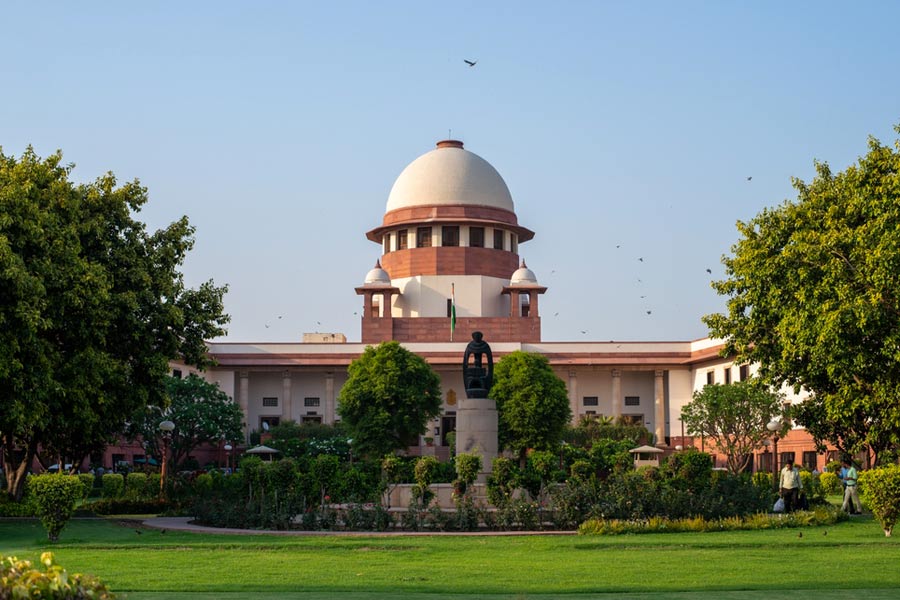It is not just the wheels of justice that are grinding slow in India, but the appointment of judges is too. The declared resentment of the Narendra Modi-led government against the Supreme Court’s dismissal of the National Judicial Appointments Commission Act in 2015 seems to have led to this slowdown. Judges’ names recommended by the Supreme Court collegium, comprising the Chief Justice of India and four seniormost judges, often tend to languish with the government, sometimes even after the recommendation has been reiterated after being returned. This is far from desirable, as the former judge of the Supreme Court, S.K. Kaul, pointed out soon after his retirement. As the collegium system is the law at the moment, it should be followed, Mr Kaul said, but it was also true that the NJAC was not given a chance to operate. That Commission would have been composed of the CJI, two seniormost judges, the Union minister for law and justice and two civilians. The latter would be selected by a committee comprising the CJI, the prime minister and the leader of the Opposition in the Lok Sabha. In effect, the government would have a say, both directly and indirectly, in judges’ appointments.
Mr Kaul feels that an alternative system, a ‘tweaked’ NJAC, would allow disagreements to be aired across the table. That might lessen the delays in appointment, although the proposed solution does not take into account that airing disagreements may not disperse them. Especially with an aggressive executive. Mr Kaul suggested a structure that gives the CJI the casting vote, or veto power, thus giving the judiciary primacy and the government a say in appointments. The chief argument against the NJAC was the potential loss of judges’ independence through a sense of obligation to the government. But the collegium, while guaranteeing independence in appointments and also protecting the reputation of judges criticised by the government without evidence, is not transparent. That was the argument in favour of the NJAC when it was proposed. That Mr Kaul felt it necessary to mention the need for an alternative system immediately after retirement suggests that such a point of view may exist within the judicial system itself. Transparency — the present CJI insists that the collegium is transparent — is an attribute of democracy; achieving it in this case would require trust and goals shared between the judiciary and the executive.










